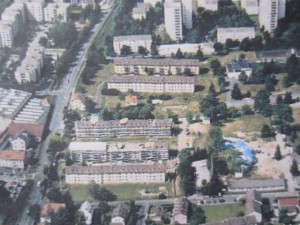South Korea and Finland – what a stark contrast in school life.
Student life in South Korea: cram school till midnight, four hours of sleep are the norm, school attendance in high school till 10pm, high cost of cram school education, study for exams only, pressure to get into a top-notch university, etc.
Finnish students have a 20-work school week. This allows them to spend this extra time outside of school to do practical things: meeting friends, spending time with family, having time to earn some money on the side, reading for pleasure, etc.




